B100WD omnifill
Jointing mortars
Applications
For grouting all possible types of ceramic floor and wall tiles, (glass) mosaic and natural stone. Suitable for use on floors. Better adhesion to glazed or full ceramic tile edges. Better suited for grouting on highly absorbent substrates and/or tile edges. Ideal for use on moisture-sensitive substrates. Suitable for substrates with underfloor heating, but not suitable for grouting less stable (wooden) floors. Complies with the Building Materials Decree (NL) and may be allowed to become damp outdoors without any restrictions. Examples of applications are: wet areas, toilets, changing rooms, kitchens, swimming pools and healthcare areas.
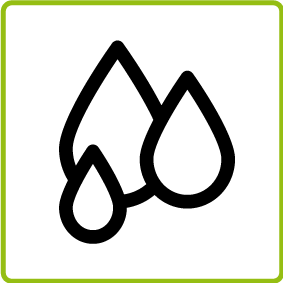
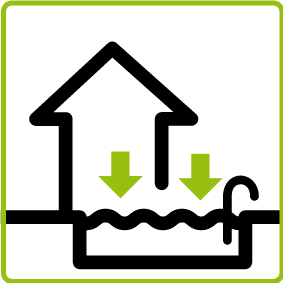
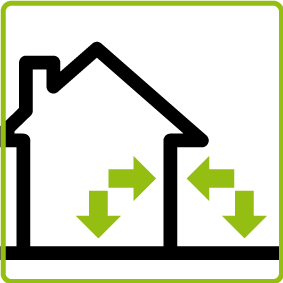
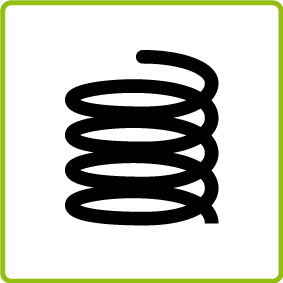
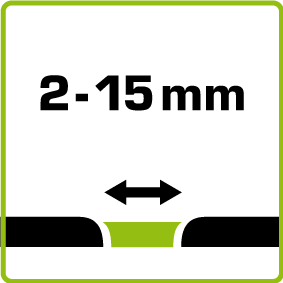
Getting started with B100WD omnifill
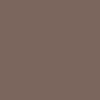
bruin

bruin grijs
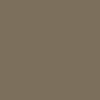
buxy grijs

basalt grijs

beton grijs

natuur grijs

steen grijs

stof grijs

taupe grijs

zand grijs

gray

manhattan

antraciet

portland grijs
Colour chart
Certificates and documents
Download the documents available from this specific product here.
Can't find the right certificate?
Contact usVideos
Here you will find the videos available for this specific product. If you didn't find what you were looking for, check out our YouTube channel.
Let us help you out
When can I start grouting the tiles?
This is possible, under most circumstances, with paste and powder adhesives after at least 24 hours. With fast-hardening powder adhesives, this can be done after just a few hours.
When can I walk on the tiles?
This can be done (carefully) after at least 24 hours. With fast-setting adhesives, this can be done after just a few hours.
What different types of glue are there?
There are 3 types of glue, each with their own characteristic properties. They are all standardized within the European standard EN 12004.
- Cement-based powder tile adhesive (C)
- Dispersion glue (D)
- Reaction glue (R)








